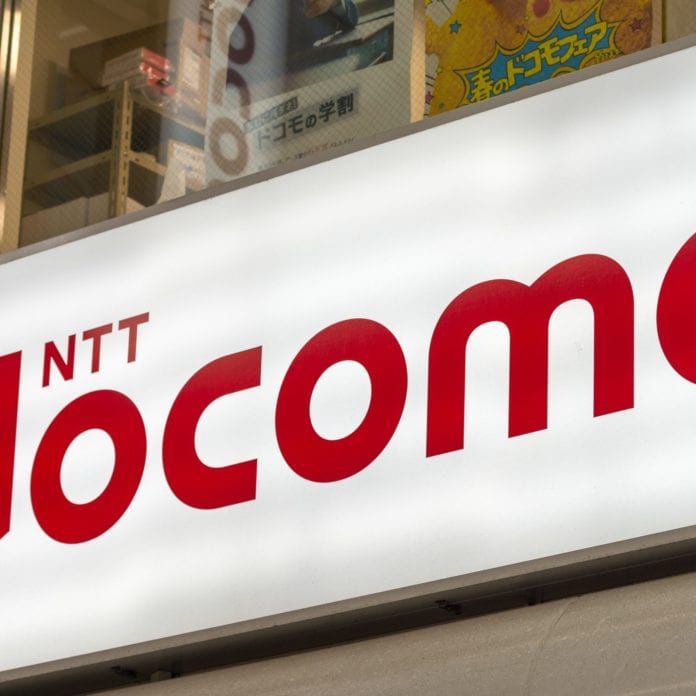Japan’s largest carrier, NTT DoCoMo, expects to attract 2.5 million subscribers in the 5G segment by March 2021, the operator said in its earnings statement.
The telco, which launched 5G service last month, said it signed up 14,000 5G users at end-March.
5G coverage is forecast to increase from current 500 base stations in 150 locations to 10,000 sites by June 2021 and 20,000 by March 2022. By March 2021, the Japanese carrier expects to reach 500 cities with its 5G technology.
Its 5G plans for its next fiscal year ending March 30, 2021 include promoting open RAN technology and deploying mmWave, as well as expanding the range of 5G smartphones.
The telco also said its 5G network will have an initial maximum downlink data rate of 3.4 Gbps, followed by a speed of 4.1 Gbps expected in June. In addition, the uplink will start at a 182 Mbps peak, before increasing to 480 Mbps.
In April 219, NTT DoCoMo obtained spectrum in the 3.6-3.7 GHz, 4.5-4.6 GHz and 27.4-27.8 GHz bands for the launch of 5G services in the country.
Rival operators KDDI and SoftBank have recently launched 5G in Japan, while new entrant Rakuten Mobile, a unit of e-commerce giant Rakuten, plans to launch its 5G offering later this year.
Financial results
NTT DoCoMo’s net profit for fiscal 2019 declined 10.9%year-on-year to JPY591.5 billion ($5.5 billion), while operating revenue fell 3.9% to JPY4.65 trillion.
The telco’s service revenue also declined by 1.2%to JPY3.09 trillion, while equipment sales dropped 28% to JPY608 billion.
ARPU decreased 7.3% to JPY4,760. Its mobile user base grew 2%to 80.33 million at end-March.
Also, the operator’s overall capex for the fiscal year was down 3.5% to JPY573 billion.
NTT DoCoMo did not provide guidance on fiscal year 2020 due to the COVID-19 pandemic, saying: “The prospects for the fiscal year ending March 31, 2021 are not disclosed at this juncture given the difficulty of making reasonable estimate on our financial result due to the COVID-19 outbreak. We will provide the prospects promptly once it becomes possible to perform a reasonable estimate following a careful determination of its future financial impact.”
DoCoMo said it expected a slower progress of capital investments in fiscal 2020 due to delays in supply of network equipment and construction schedules, due to the impact of COVID-19 pandemic.

